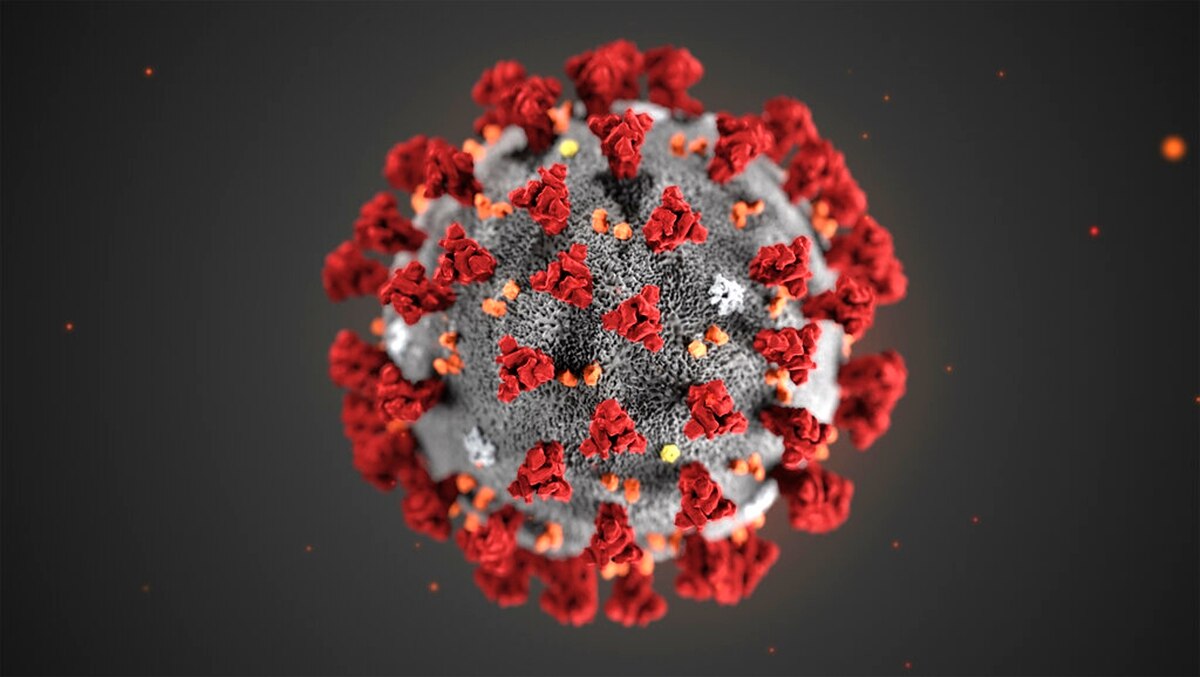National Pandemic Study Includes State Families
Studying children, how likely to get infected, show symptoms, spread disease.
One of the many mysteries about the new coronavirus is what role children play in the pandemic. A federal government study, which will include roughly 300 families from Wisconsin, hopes to answer questions about how many children get infected, whether they develop symptoms and how it affects those with asthma.
“We know very little about children and whether they get infected with SARS-CoV-2,” said Dr. Alkis Togias. “We know in general they do not get sick. But the question is do they get infected; and if so, to what extent? And when infected do they transmit it to others around them, especially adults or other children?”
Togias is with the National Institute of Allergy and Infectious Diseases. It’s part of the National Institutes for Health (NIH) which is funding the study announced Monday called the Human Epidemiology and Response to SARS-CoV-2 (HEROS) study.
The abbreviation for the study is pronounced “heroes” and is meant to appeal to children whose parents will collect nasal, blood and stool samples from them every two weeks.
“We thought this acronym would actually be attractive to a lot of the kids in the study,” Togias said.
In order to get the study up and running as quickly as possible, families already involved in federally funded research are being recruited. This includes households in central and northern Wisconsin who are part of an effort to understand why kids living on farms are less likely to have asthma and allergies. This advantage has been traced to being exposed to certain bacteria on the farm. Those exposures contribute to a kids’ microbiome.
The HEROS coronavirus study builds on the research from the Wisconsin Infant Study Cohort(WISC) by trying to find out whether kids with asthma have a different risk than those who don’t if they come down with COVID-19.
“What’s unique about the WISC study is these are different environments than a lot of other kids than will be part of the HEROS program, in the fact they’re largely rural,” said Casper Bendixs Casper Bendixsen en, director of National Farm Medicine Center at Marshfield Clinic Research Institute.
“So what I always enjoy about this study is that it means rural people and farm families are represented in important research,” said Bendixsen, co-investigator of the WISC study along with Drs. James Gern and Christine Seroogy with the University of Wisconsin-Madison School of Medicine and Public Health.
Researchers don’t know if kids with asthma would be at higher risk if they become infected with the new coronavirus. Recent data suggest just the opposite, Seroogy said.
Listen to the WPR report here.
Hundreds Of Wisconsin Families To Be Part Of Study Looking At Kids’ Role In Coronavirus Pandemic was originally published by Wisconsin Public Radio.
More about the Coronavirus Pandemic
- Governors Tony Evers, JB Pritzker, Tim Walz, and Gretchen Whitmer Issue a Joint Statement Concerning Reports that Donald Trump Gave Russian Dictator Putin American COVID-19 Supplies - Gov. Tony Evers - Oct 11th, 2024
- MHD Release: Milwaukee Health Department Launches COVID-19 Wastewater Testing Dashboard - City of Milwaukee Health Department - Jan 23rd, 2024
- Milwaukee County Announces New Policies Related to COVID-19 Pandemic - David Crowley - May 9th, 2023
- DHS Details End of Emergency COVID-19 Response - Wisconsin Department of Health Services - Apr 26th, 2023
- Milwaukee Health Department Announces Upcoming Changes to COVID-19 Services - City of Milwaukee Health Department - Mar 17th, 2023
- Fitzgerald Applauds Passage of COVID-19 Origin Act - U.S. Rep. Scott Fitzgerald - Mar 10th, 2023
- DHS Expands Free COVID-19 Testing Program - Wisconsin Department of Health Services - Feb 10th, 2023
- MKE County: COVID-19 Hospitalizations Rising - Graham Kilmer - Jan 16th, 2023
- Not Enough Getting Bivalent Booster Shots, State Health Officials Warn - Gaby Vinick - Dec 26th, 2022
- Nearly All Wisconsinites Age 6 Months and Older Now Eligible for Updated COVID-19 Vaccine - Wisconsin Department of Health Services - Dec 15th, 2022
Read more about Coronavirus Pandemic here






















